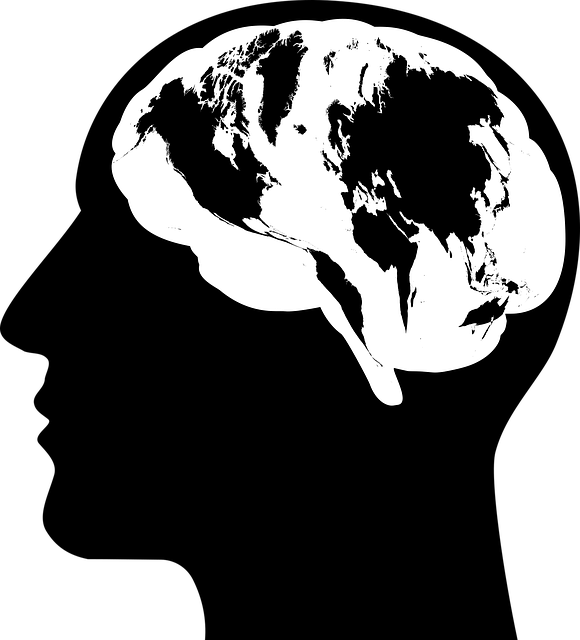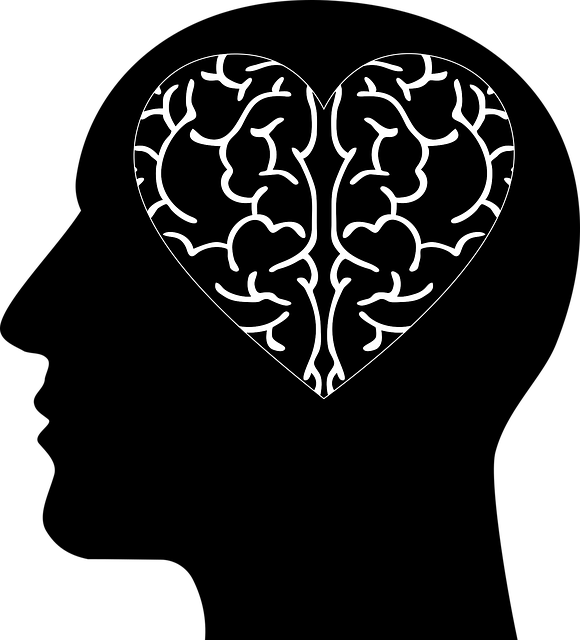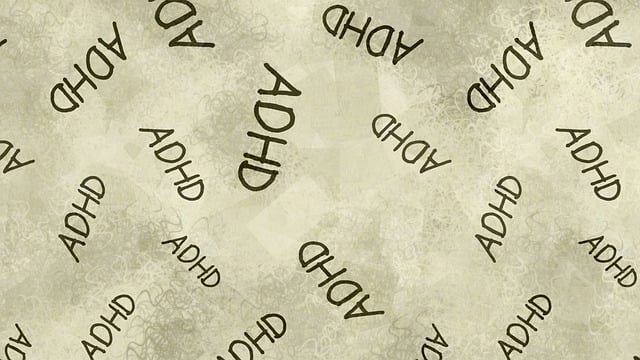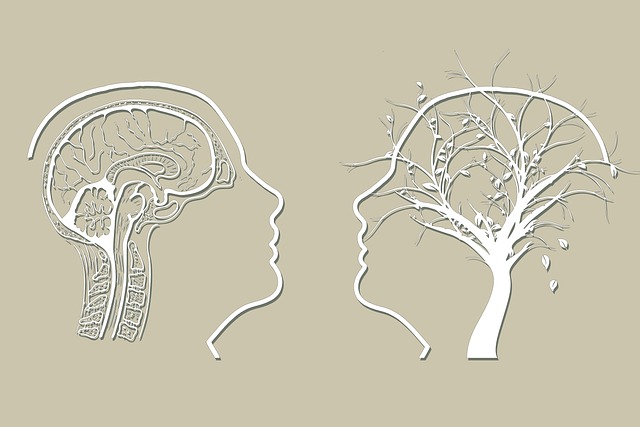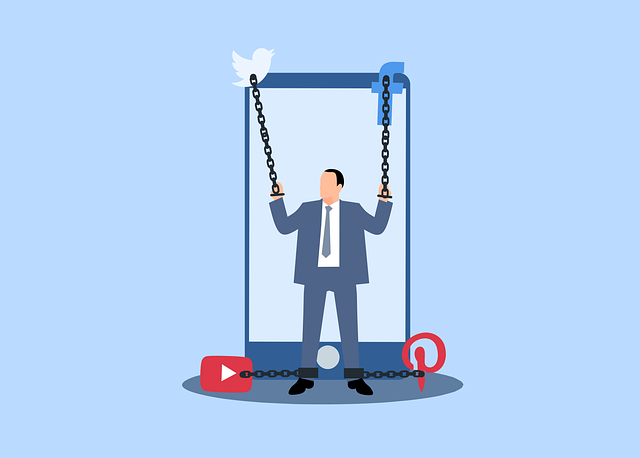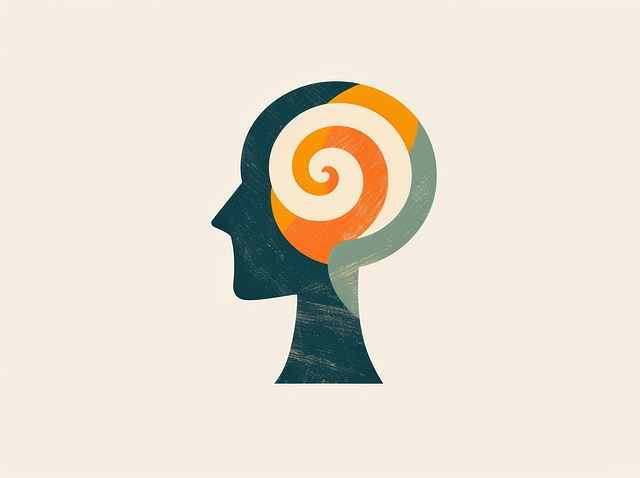The text outlines a comprehensive marketing strategy for a mental health app, Wheat Ridge Psychosis Therapy, targeting individuals with psychosis and their support network. It emphasizes understanding the market, defining unique selling points (USPs), crafting engaging content, leveraging digital channels, and measuring success through KPIs to ensure the app's effectiveness and contribution to mental illness stigma reduction.
In today’s digital age, mental wellness apps are transforming lives, with the Wheat Ridge Psychosis Therapy app leading the way. This comprehensive guide delves into crafting a robust marketing strategy for such innovative solutions. From market research and target audience analysis to defining unique selling points (USPs) and leveraging digital channels, we explore proven tactics for the Wheat Ridge Psychosis Therapy app’s success. By measuring key performance indicators (KPIs) and analytics, continuous improvement ensures its impact resonates with users seeking mental wellness support.
- Market Research and Target Audience Analysis for Wheat Ridge Psychosis Therapy App
- Defining Unique Selling Points (USPs) and Value Proposition
- Crafting Compelling Content Strategy for Mental Wellness App Marketing
- Leveraging Digital Channels Effectively for Reach and Engagement
- Measuring Success: Key Performance Indicators (KPIs) and Analytics for Continuous Improvement
Market Research and Target Audience Analysis for Wheat Ridge Psychosis Therapy App

Market Research for the Wheat Ridge Psychosis Therapy App begins with a deep understanding of the current landscape in mental health care. By analyzing trends and existing solutions, the app’s developers can identify gaps and opportunities to offer something unique and effective. Target audience analysis is crucial here; focusing on individuals experiencing psychosis, their caregivers, and healthcare professionals who support them.
This strategy involves studying demographic and psychological factors to create detailed buyer personas. For instance, understanding the specific challenges faced by youth with psychosis versus older adults can inform the app’s design and content. Incorporating Mind Over Matter Principles and integrating these into a well-designed Mental Health Education Program can set this app apart. By promoting Mental Health Awareness and providing accessible tools for managing psychosis, the Wheat Ridge Psychosis Therapy App has the potential to reach and support a diverse range of users, addressing a critical need in today’s mental health landscape.
Defining Unique Selling Points (USPs) and Value Proposition

Defining your app’s Unique Selling Points (USPs) is a pivotal step in crafting an effective marketing strategy. In the competitive mental wellness space, highlighting what sets your app apart from others like Wheat Ridge Psychosis Therapy is key to attracting and retaining users. Consider what unique features or benefits your app offers, such as personalized anxiety relief programs or tools for mental health awareness tracking. These USPs should resonate with your target audience, addressing their specific needs and challenges related to mental health.
Your Value Proposition, stemming from these USPs, is the core message you convey to potential users. It explains how your app solves a problem or fulfills a desire better than alternatives. For instance, your Value Proposition might emphasize improved risk management planning for mental health professionals, helping them monitor and support clients more effectively. By clearly articulating both your USPs and Value Proposition, you lay the groundwork for a compelling marketing narrative that showcases the distinct value your app brings to the table.
Crafting Compelling Content Strategy for Mental Wellness App Marketing

In crafting a compelling content strategy for marketing a mental wellness app like Wheat Ridge Psychosis Therapy, it’s crucial to understand your target audience and their unique challenges. Develop engaging content that resonates with individuals seeking support for various mental health issues. Share valuable insights on coping skills development, crisis intervention guidance, and risk assessment – key areas where professionals in the field can benefit from expert advice. Incorporate real-life success stories and testimonials to inspire hope and build trust.
Visuals play a significant role in capturing attention. Create infographics, videos, or blog posts that simplify complex mental wellness topics. Highlight the app’s features and benefits, such as personalized therapy plans, mindfulness exercises, and secure communication tools. Emphasize how these resources can empower users to take charge of their mental health journeys. Regularly update content to keep audiences engaged and ensure your app remains a go-to source for reliable mental health support and guidance.
Leveraging Digital Channels Effectively for Reach and Engagement

In today’s digital era, leveraging online channels is a powerful strategy for mental wellness app marketing. Platforms like social media, email campaigns, and search engine optimization (SEO) can significantly boost reach and engagement, especially when targeting specific demographics such as those seeking Wheat Ridge Psychosis Therapy. By creating engaging content that resonates with users interested in stress management and mental health policy analysis and advocacy, apps can capture attention and foster a sense of community.
Integrating user-generated content, testimonials, and interactive features can enhance app visibility further. For instance, sharing success stories related to social skills training through targeted ads and organic posts will not only attract potential users but also build trust and credibility. Effective digital channel utilization ensures that the right messages reach the right audiences, fostering a supportive environment for mental wellness conversations and initiatives.
Measuring Success: Key Performance Indicators (KPIs) and Analytics for Continuous Improvement

Measuring success is a vital aspect of any marketing strategy, and for a mental wellness app like Wheat Ridge Psychosis Therapy, it involves tracking specific Key Performance Indicators (KPIs) to gauge user engagement and app effectiveness. These KPIs can include metrics such as daily active users, average session length, and completion rates for various therapeutic modules. By analyzing these data points, developers can identify trends and areas for improvement, ensuring the app aligns with its intended purpose of fostering emotional healing processes.
Moreover, integrating analytics tools allows for continuous improvement. Regularly reviewing user feedback, drop-off rates at different stages of the therapy journey, and responses to specific features (like Conflict Resolution Techniques modules) provides valuable insights. These insights can guide future updates and innovations, helping the app evolve to better serve its target audience while contributing to Mental Illness Stigma Reduction Efforts.
The development of a robust marketing strategy for mental wellness apps, such as Wheat Ridge Psychosis Therapy, involves a multi-faceted approach. By combining thorough market research with a deep understanding of the target audience, unique selling points can be highlighted effectively. A compelling content strategy, leveraging digital channels, and precise measurement of key performance indicators ensure not only reach but also meaningful engagement. Continuous improvement based on analytics is crucial to staying relevant in the competitive mental health app market, ultimately fostering user trust and adoption.
